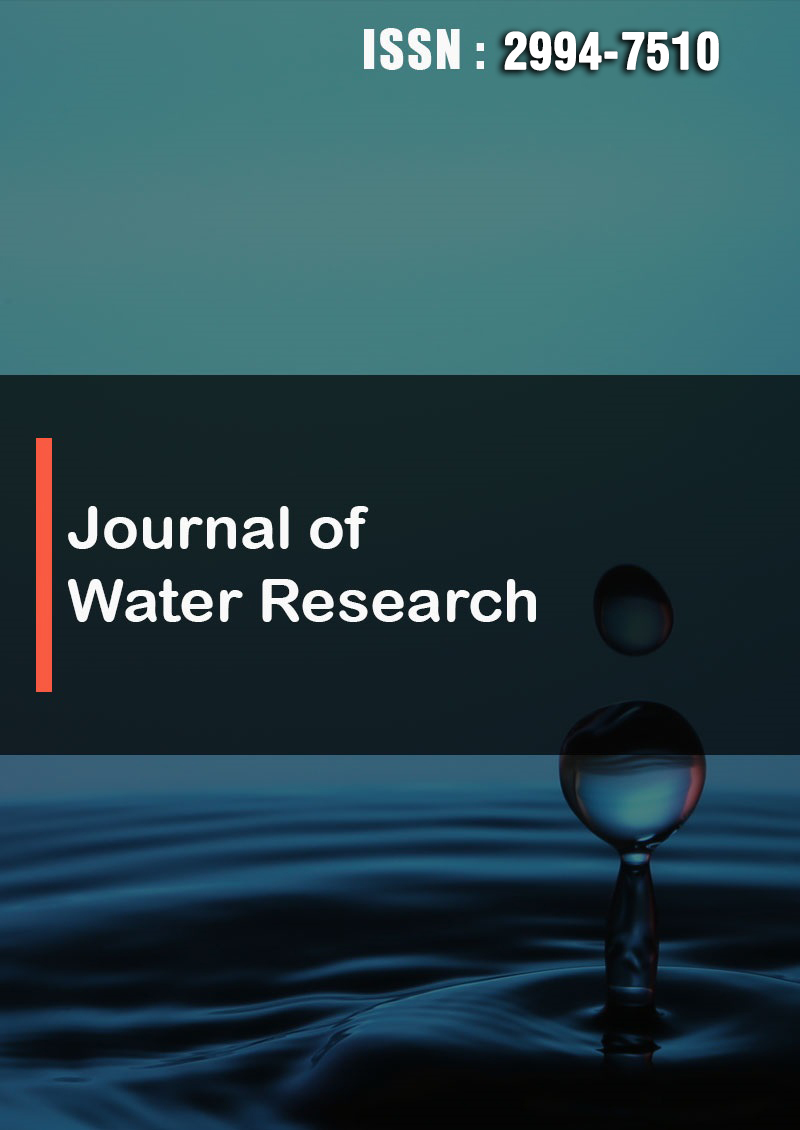Evaluating the Impact of Climate Change on Crop Water Requirements for Rainfed Agriculture in Ethiopia
Abstract
Zablon Adane, Tinebeb Yohannes and Paolo Nasta
Rainfed agriculture in Ethiopia is critical for food security and the national economy. Ethiopia naturally experiences high climate variability, which has historically exposed its rainfed agriculture to severe dry shocks. Climate change stands to exacerbate this challenge and intensify vulnerability. Therefore, it is essential to evaluate the impact of climate change on all crops in Ethiopia. In this study, the crop water requirement (CWR) was used as a proxy to water stress. An ensemble modeling based on HYDRUS-1D was used to evaluate the impact of climate change on CWR for 36 crops in Ethiopia. The analysis explores the response of mean annual CWR to the historical climate and dry, most probable, and wet climate projections, prioritized based on Aridity Index (AI). The three models at a national level predict wetter-than-normal conditions, however, detecting critical hotspots where drier conditions may increase crop-specific drought stress is important. A non-linear decay in CWR was detected as a function of historical and projected AI. Sensitivity of CWR to changes in AI identified the most vulnerable hotspots to drought for perennial crops while weak sensitivity was observed in annual crops. This analytical study will be instrumental in detecting vulnerable crops to climate change, explore areas of intervention, and identify potential deep-dives. The reliance on global datasets and the use of one-dimensional hydrological model represent the main limitations of this study.



